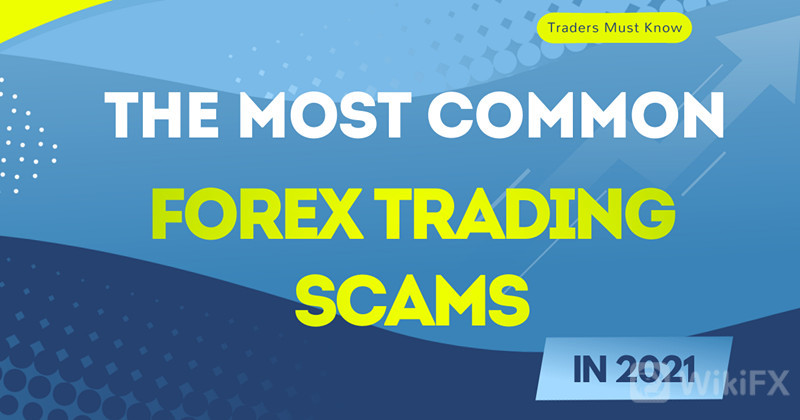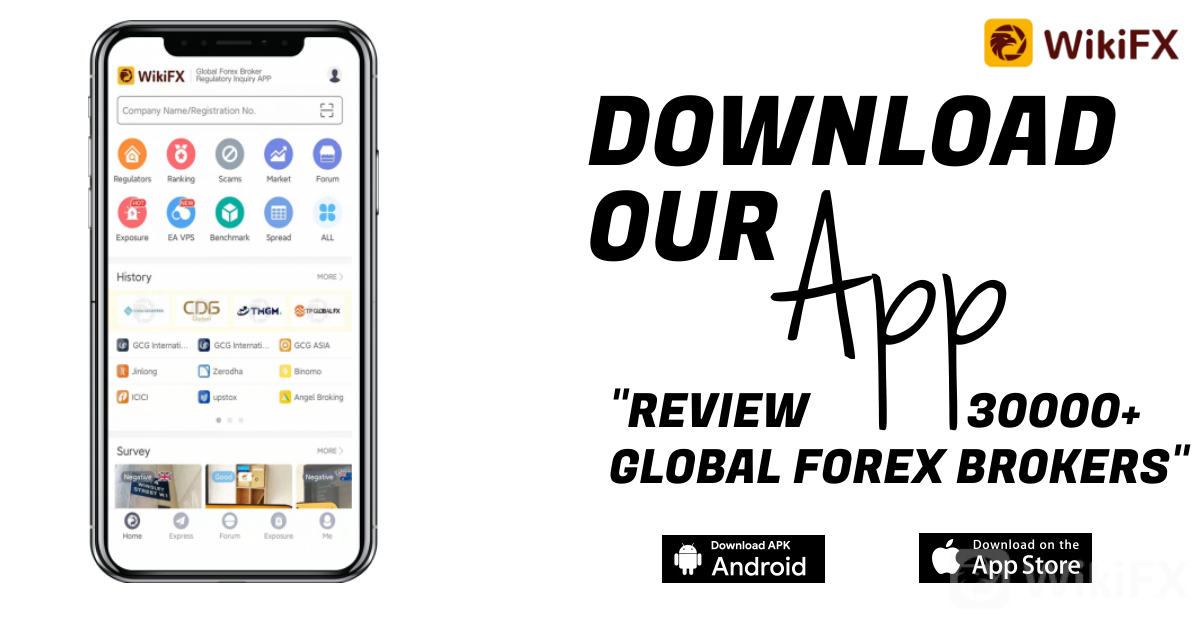
Despite the ongoing pandemic, participation by retail investors & traders around the world is at an all-time high, and many local & international brokers are seeing their best year in terms of earnings, trading volume.
Meanwhile, many scammers have emerged online to trick investors and cheat them of their money. Most of these scammers are fly-by-night brokers, forex bucket shops, or pyramid schemes.
What are the most common Forex Trading Scams?
-
Unlicensed Brokers:
This is the most common scam that happens almost everywhere. This happens mainly due to the lack of technical knowledge of investors. Lets understand this in very simple terms.
If a broker wants to offer trading services in a country, they need to get license from the country‘s regulator. Let’s say that a broker wants to offer trading services in the UK, then it needs to get a license from the FCA. And there are similar regulators in most countries.
The FCA has a long list of policies and regulations that the brokers have to fulfill and follow to legally offer trading services in the UK. In case the broker is found to be in violation of the FCAs rules and regulations then it can be heavily penalised & its license can be revoked.
If someone in the UK is aggrieved by the brokers services then he/she can approach the FCA and file a complaint.
But lets say the broker that you are trading with is unlicensed or licensed offshore & registered in Seychelles for example, then the likelihood of recovery in case of scam by the broker is very low.
So, if you have a problem with the services provided by the offshore broker in Seychelles, then you will have to file a complaint with that offshore regulator & file a case under that jurisdiction. Still, theres no guarantee that you will get your money back.
These offshore brokers exist because they are able to offer a high leverage ratio under Offshore regulations. Most regional regulators in the EU, Asia have put restrictions on leverage that can be offered by licensed brokers for CFD trading. Traders must always ensure that the broker that you are about to choose it regulated in your country to ensure the safety of funds.
If there is no local regulation or local broker in your country for Online Forex trading, but it is not illegal to trade CFDs & forex, then you should choose a Top-tier regulated broker that is licensed by FCA, ASIC, CySEC, FSCA or similar regulation.
-
High Yield Investment Programme (HYIP) or Multi-Level Marketing (MLM):
A good way to spot a scam is when the broker or scammers expects urgent action from you, for example, the person/organization might offer you a scheme that can triple your money in a week from forex or CFDs, but you have to deposit the money within 30 minutes to avail this scheme.
When a broker or any organization is hurrying you like this then you can be certain that it‘s a scam because no regulated broker can advertise like this as it’s banned by the regulators.
Since users are not aware if a particular broker or organization is legalised or not, the scammers take advantage of this fact. The general public easily gets attracted to schemes that claim to double or triple their money in quick time.
A common HYIP that frauded millions of people around the world in most developing countries is MMM. The MMM Ponzi scheme promised investors 30% returns on their investment. Since so many investors came forward to invest in this scheme, till date there is no estimate as to how many people lost their money. The scam took place over so many countries and investors never got their money back as well.
Another type is a MLM scheme is where unlicensed organizations offer incentives to users who make their family members and friends sign up. Often time they provide referral fees to get more users onto the trading platform. They make users do all their marketing and get more people on board. At last, they will close the platform and run away with the money. The people who marketed this platform will be held liable at last.
-
Fake financial advisors (Signal Sellers, Robot Trading Systems)
The role of a Signal Seller is to offer advice to investors on what currency pairs to buy and when to buy them. For offering this advice, the Signal Sellers charge a fee.
The problem that exists with these Signal Sellers is whether they are technically equipped to offer such services. No one person can guarantee a profit in the Forex market due to the various factors involved. So not even a Signal Seller can help you make profits all the time.
If the signal seller is not authorized by financial regulators in your country, then it is a high chance that it is a scam.
Another important factor that you need to keep in mind that the Signal Seller charges a fee regardless of the fact whether you make money or not. Some might charge a fee per transaction whereas some might charge a monthly or yearly fee but there is still no guarantee.
A popular question that arises of Signal Sellers is that if they are so smart to predict the moves in the market successfully then why cant they use the same strategy to make millions themselves than offer such services?
A robot trading system is something like the RoboAdviser but without any proper system or data. With a Robot trading system, a computer makes all the trades and suggestions for you based on data. So, its impossible for even a robot trading system to correctly predict the market even with tonnes of data.
No matter who it is, no person can give you a successful formula to make money in the market since there are too many factors that affect the price. Anyone offering such services is a scammer most of the time.
——–
Check Out for the Top 7 Forex brokers in November
IC Markets
XM
Exness
GO MARKETS
Hantec
TMGM
Eightcap

Leave a Reply